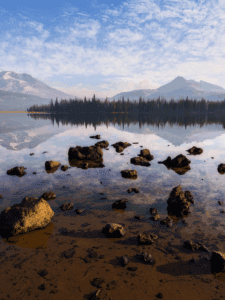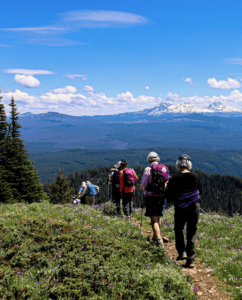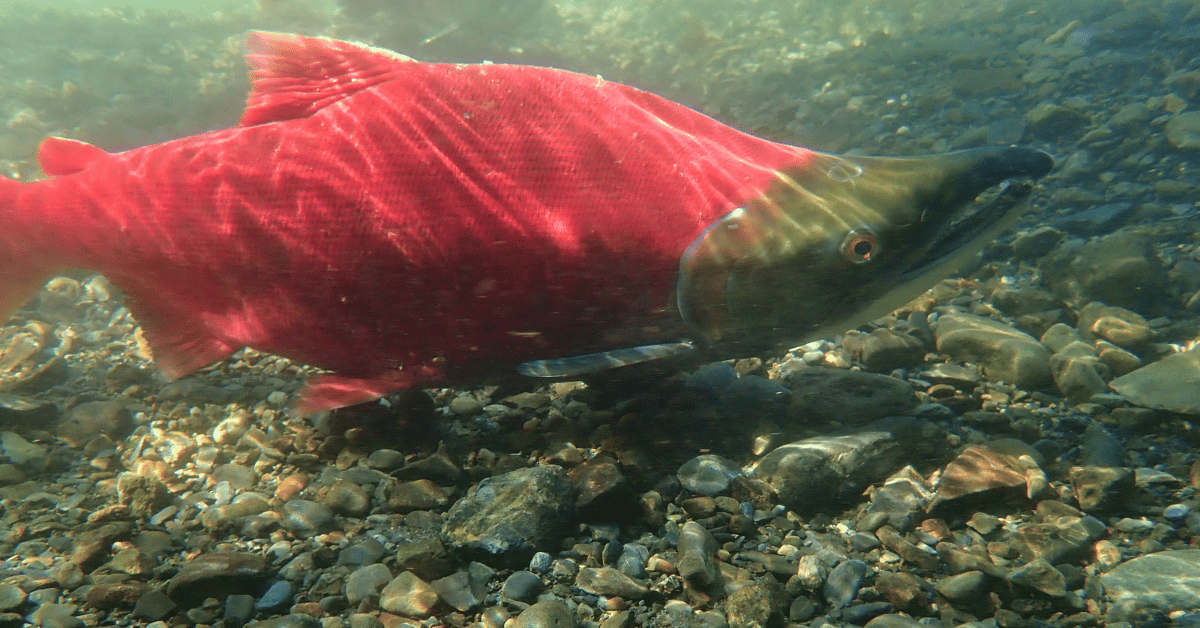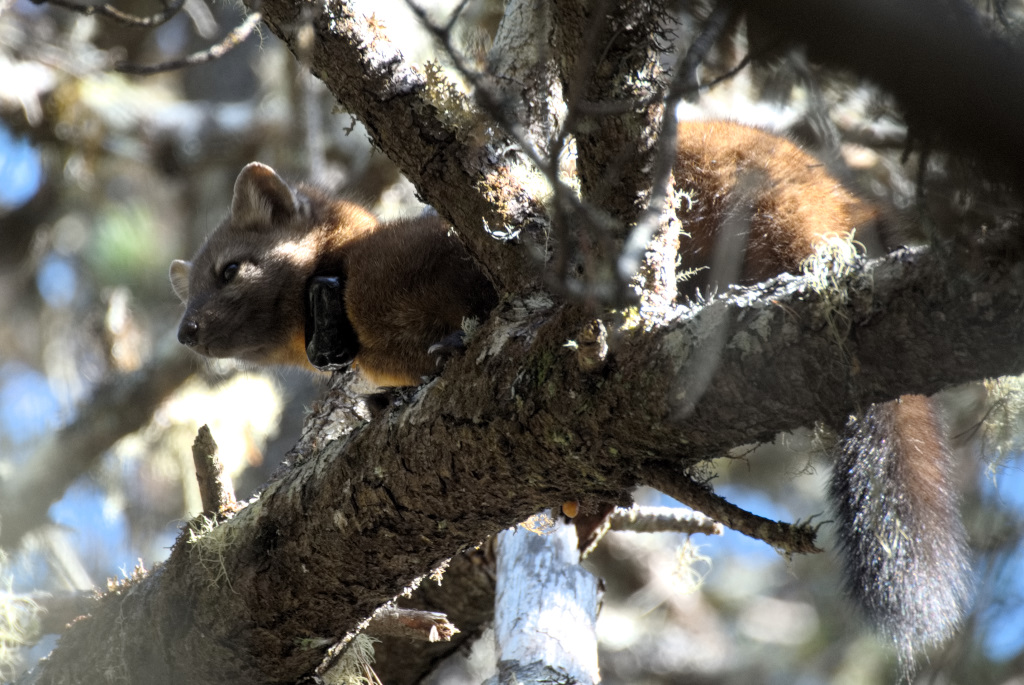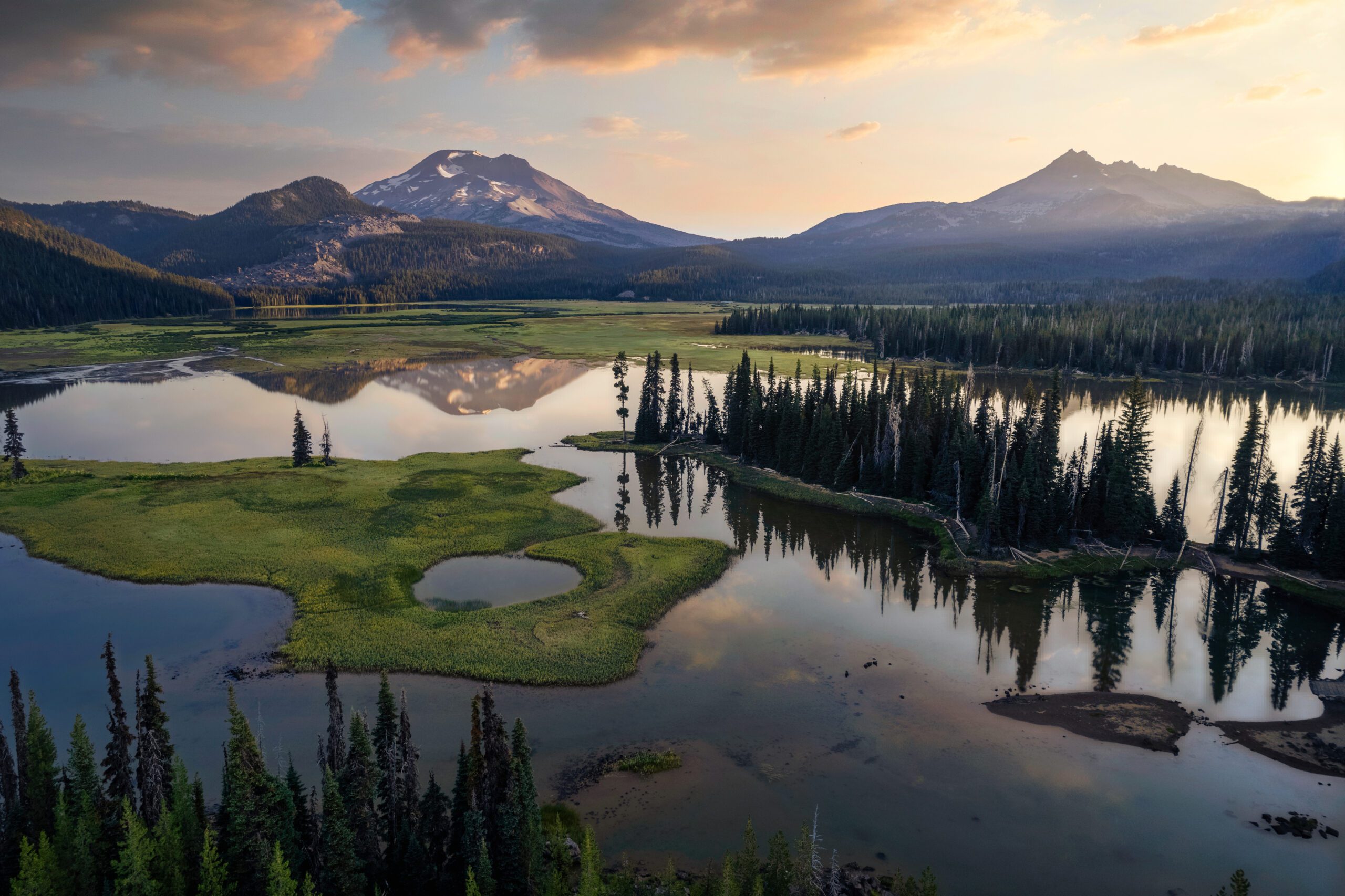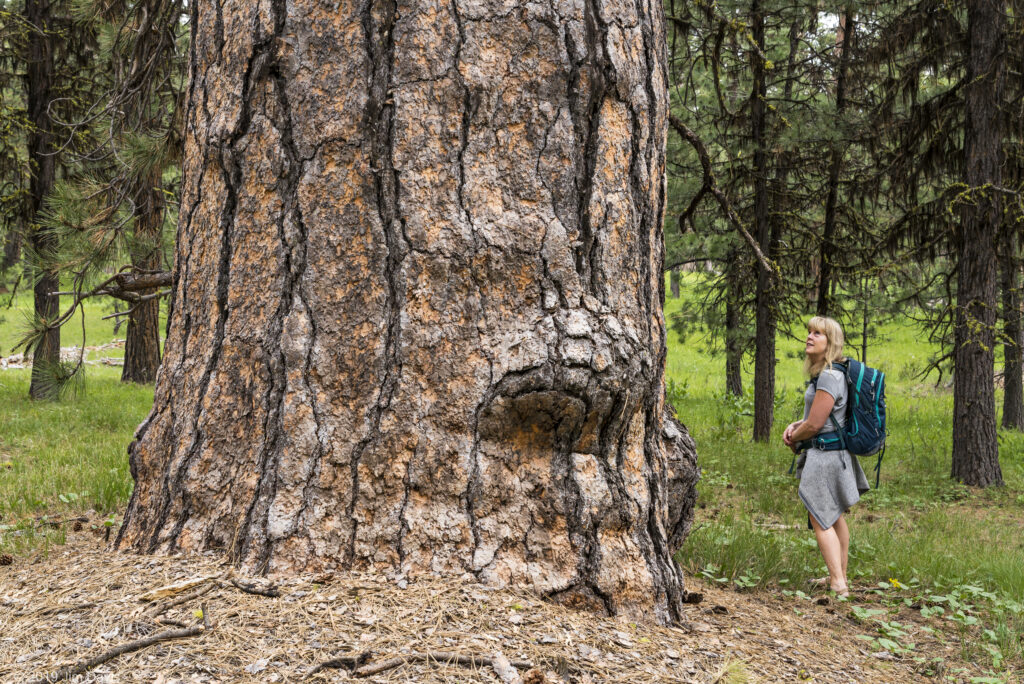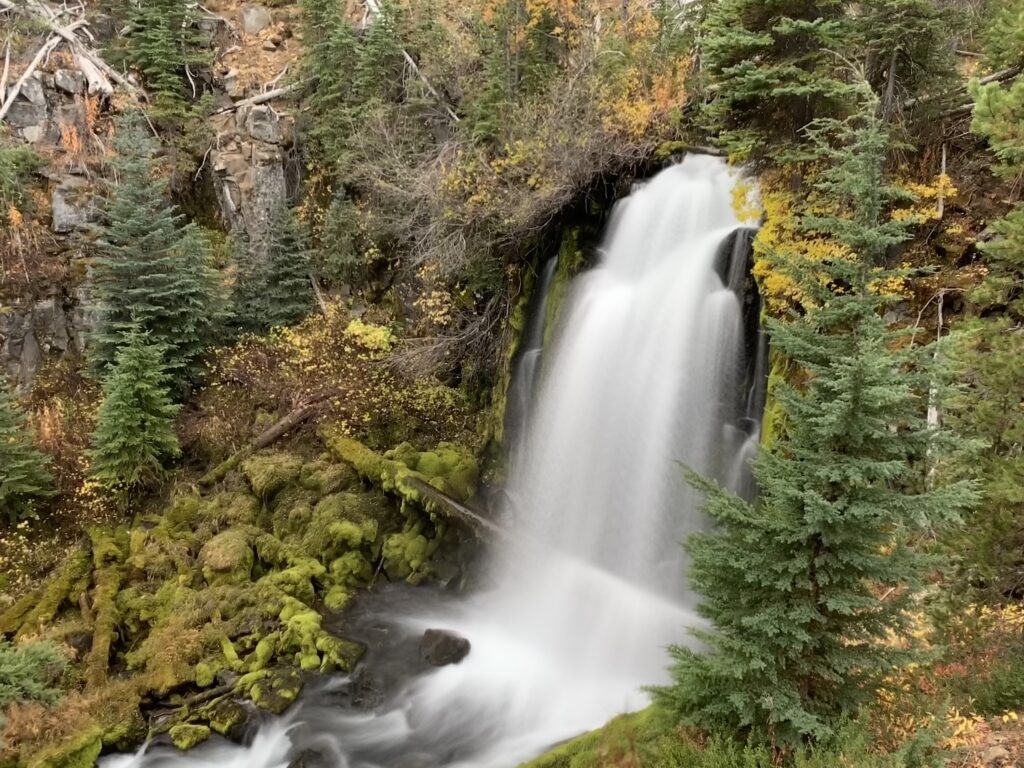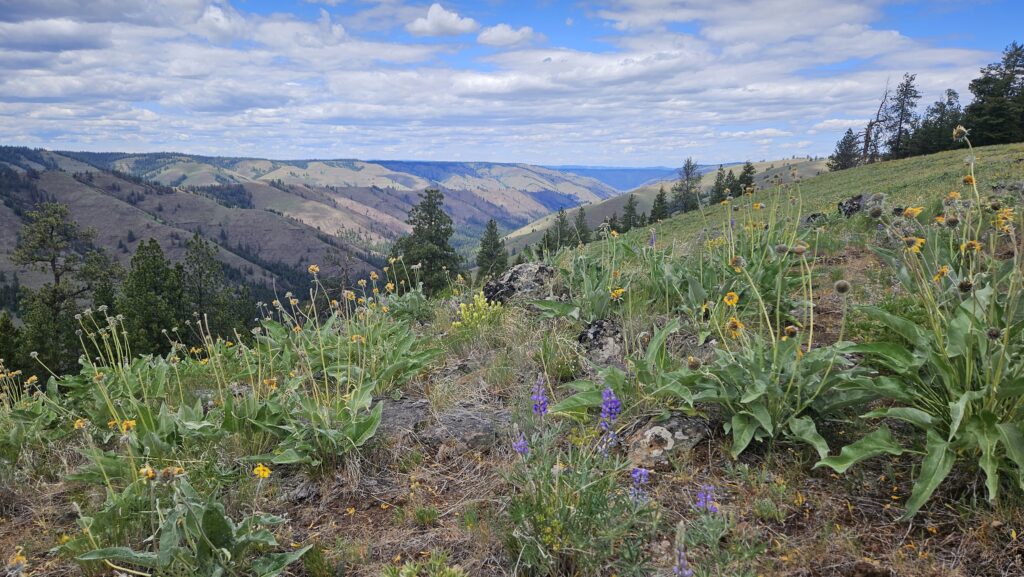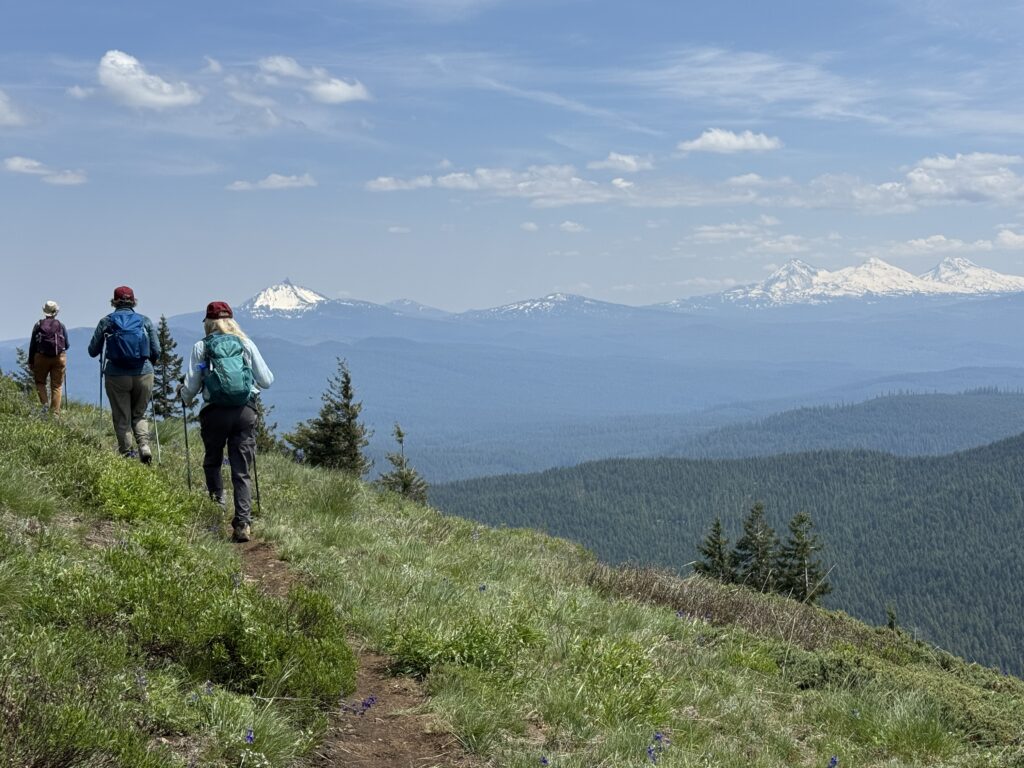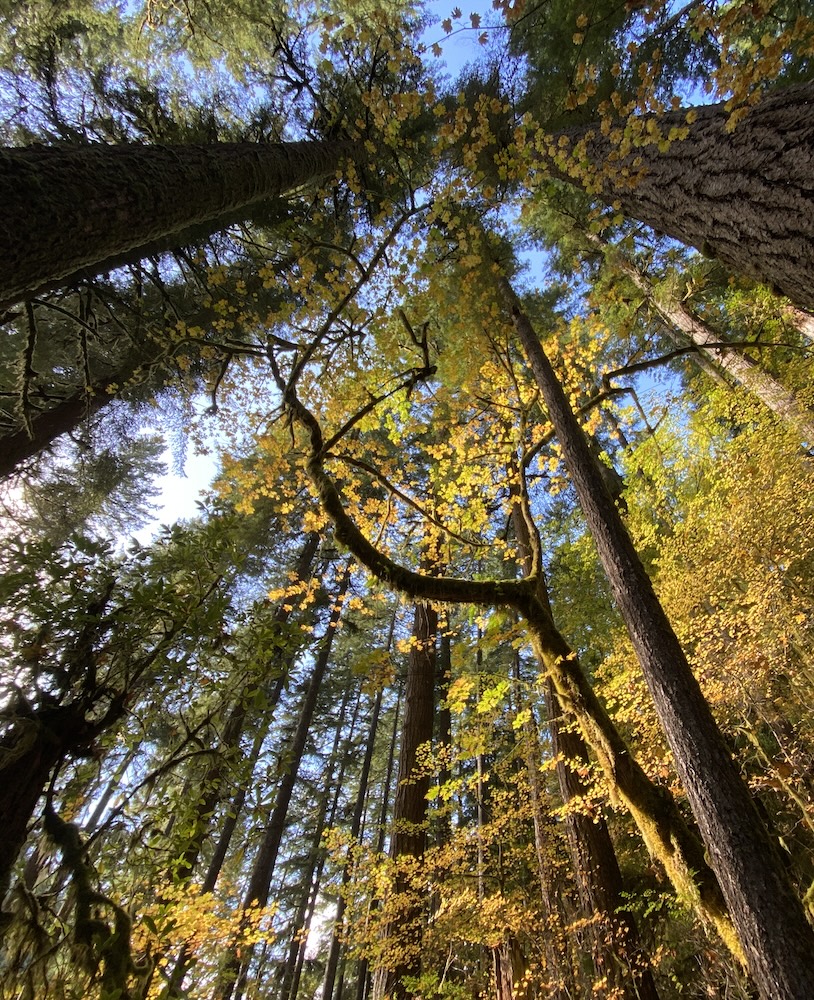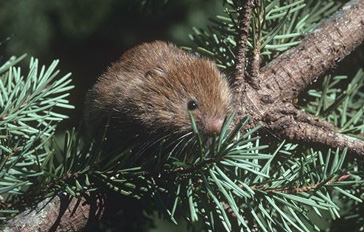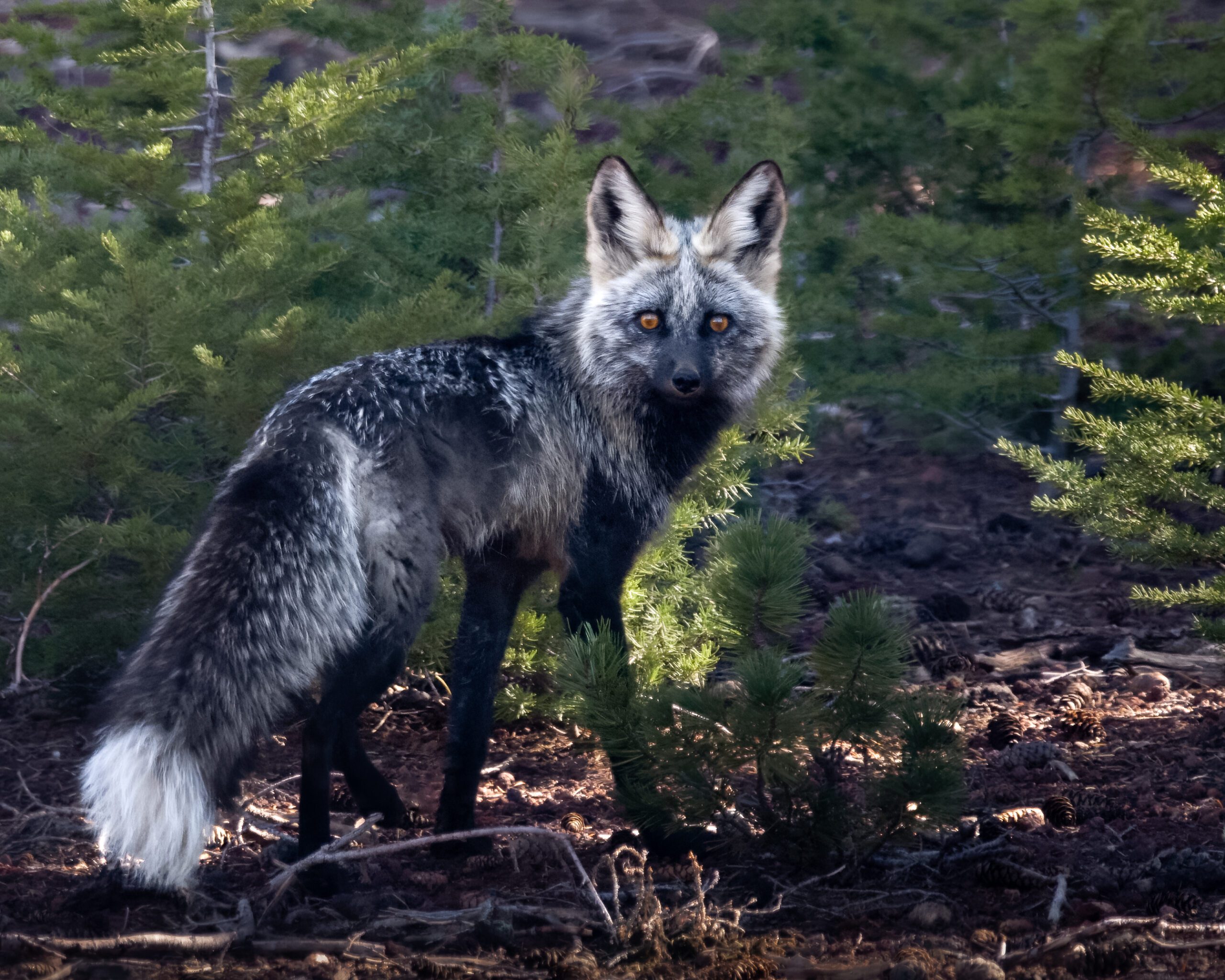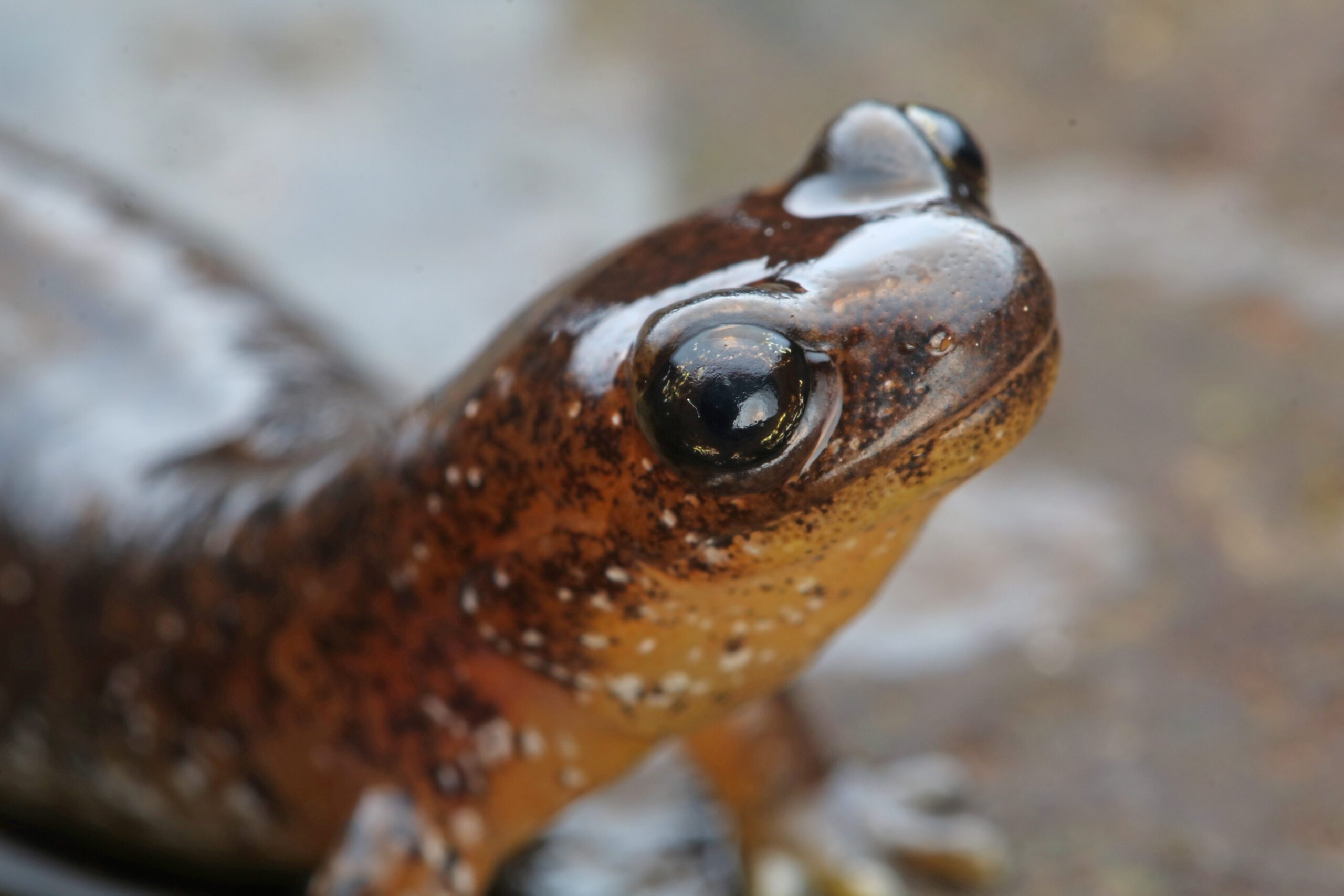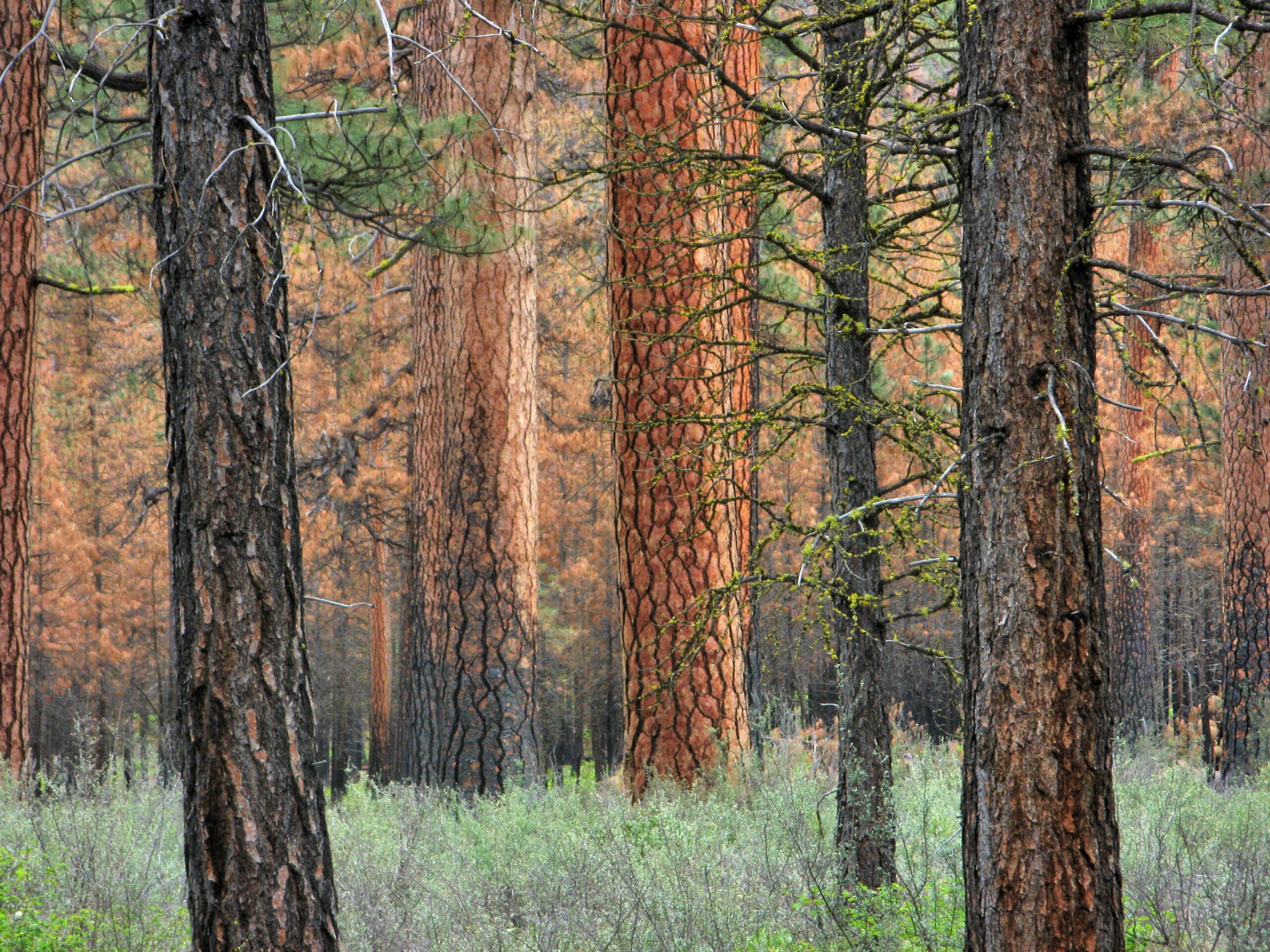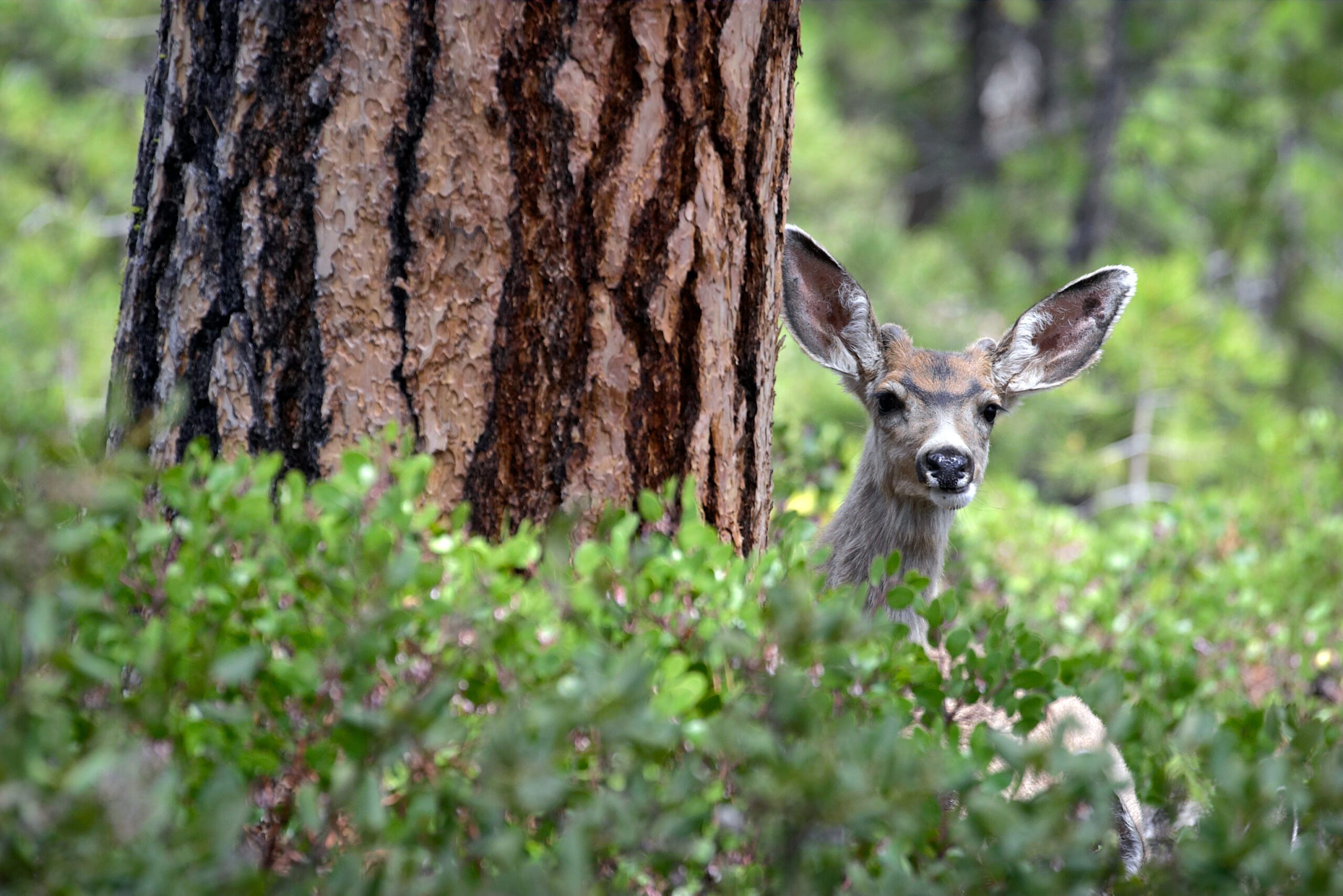Salem, Ore. (December 2025)
Contact for more information
| Miles Johnson, Columbia Riverkeeper Steve Pedery, Oregon Wild |
The Oregon Court of Appeals has overturned a December 2022 rule by the Oregon Fish and Wildlife Commission and the Oregon Department of Fish and Wildlife (ODFW) that weakened protections for migratory fish like salmon, steelhead, sturgeon, and lamprey. The Nez Perce Tribe and the Confederated Tribes of the Umatilla Indian Reservation, along with seven nonprofit organizations, had sued to overturn ODFW’s rule.
The court’s decision reinstates Oregon’s long-standing requirement that artificial barriers to fish migration, like dams, be upgraded to allow fish to swim freely past. The court struck down ODFW’s new rule allowing dam operators to trap salmon and load them into trucks for transport around dams—a process with much lower survival rates.
ODFW’s new rule was overturned because ODFW failed to notify Tribes or the public before making this important rule change. According to the Court, “The lack of notice [deprived] people whose interests are historically, culturally, and integrally intertwined with the policies at issue of a role in the process . . . .”
Confederated Tribes of the Umatilla Indian Reservation Board of Trustees Chair Kat Brigham said, “The CTUIR appreciates the Oregon Court of Appeals for upholding the importance of transparency and public participation in decisions that affect our rivers and fish. This ruling affirms that agencies must follow the law and respect the voices of all stakeholders, including sovereign tribal nations. It is the right decision for the health of our waterways and the cultural and natural resources that sustain our people and others in Oregon.”
Nez Perce Tribal Chairman Shannon Wheeler commented, “This is a highly significant, consequential, and protective decision for native migratory fish in Oregon, for Oregonians, and for Nez Perce people throughout the Tribe’s treaty-reserved territory in Oregon. For us, the decision confirms, for future fish passage requirements on rivers throughout Nez Perce territory in Oregon, and right now at the Wallowa Lake Dam reconstruction in the heart of the Nez Perce homeland, that Oregon’s fish passage regulation requires volitional passage unless an exemption can be proved publicly, and that state regulations cannot be revised by an agency at the last minute in a back room with no public notice and comment. The Court of Appeals’ decision is grounded in common sense and clear reasoning, and is a reminder of the indispensable oversight and protective role the courts play for all of us.”
“Healthy fisheries are vital to Tribes, river communities, and Oregon’s culture and economy; they deserve the highest level of protection,” said Miles Johnson, Legal Director for Columbia Riverkeeper. “It’s gratifying to see that protection restored.”
“ODFW’s attempt to weaken Oregon’s rules protecting salmon without telling Tribes or the public was both misguided and illegal,” said Steve Pedery, Conservation Director with Oregon Wild. “Clearly, the Oregon Court of Appeals agreed.”
“By ODFW’s own count, there are 42,780 artificial barriers to fish migration along rivers, streams, and creeks in Oregon,” said Mark Sherwood, Executive Director for Native Fish Society. “The Department should be doing everything possible to aid these struggling fish populations, not creating more barriers by cutting corners in laws meant to protect these fish.”
The conservation and fishing groups involved in the legal challenge include Columbia Riverkeeper, The Conservation Angler, Institute for Fisheries Resources, Native Fish Society, Northwest Environmental Defense Center, Oregon Wild, and the Pacific Coast Federation of Fishermen’s Associations. They are represented by the non-profit Crag Law Center.
Case Documents:
- Court of Appeals Decision, issued November 26, 2025.
- Petitioners’ Opening Brief
- Declaration of Chairman Wheeler, Nez Perce Tribe
- Declaration of Board of Trustees Member Corinne Sams, CTUIR
